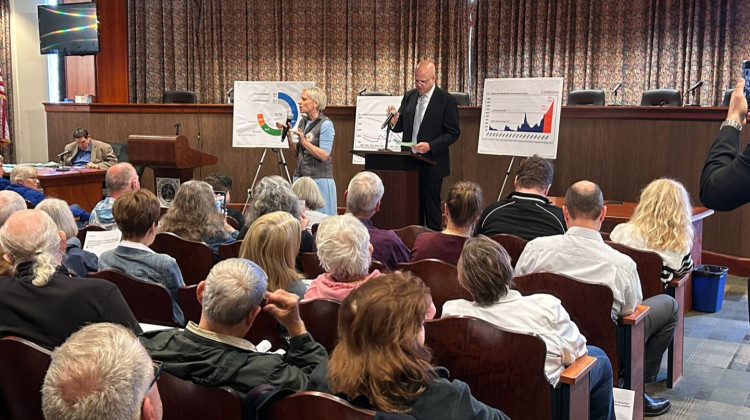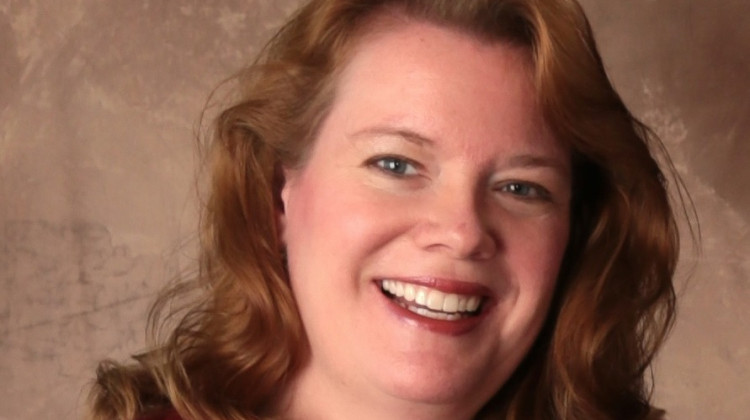
Duke Energy's Gibson Generating Station is one of the few coal plants left in Indiana.
Wikimedia CommonsDuke Energy plans to go net zero on carbon emissions by 2050. That’s according to the utility’s latest climate report. Environmentalists across the six states it serves are disappointed Duke Energy still plans to rely on fossil fuels.
Duke Energy hopes to double its renewable energy sources within five years. But it also plans to keep some coal plants running for two more decades and add natural gas pipelines.
Kerwin Olson is the executive director of the Citizens Action Coalition — which is part of a new multi-state Duke Energy watchdog group. He says, as the country’s largest electric utility, Duke should be moving more quickly to address the climate crisis.
“They should be playing a leadership role in transitioning to a 21st century energy economy and instead, they really are lagging behind," he says.
The northern Indiana utility NIPSCO, for example, plans to have mostly renewables in just eight years.
But Duke Energy argues more than 40 to 50 percent renewable energy in a utility’s energy mix isn’t reliable without battery storage. And Duke Energy Indiana spokesperson Lew Middleton says that technology isn’t advanced enough to serve the utility’s more than seven million customers.
“It would take buildings and buildings and acres and acres and it's just — it's not practical and it would cost a whole lot of money,” he says.
The company's climate report outlines goals across its system. Middleton says how the plan will play out in each of the states Duke serves has yet to be determined.
Contact Rebecca at rthiele@iu.edu or follow her on Twitter at @beckythiele.
Indiana Environmental reporting is supported by the Environmental Resilience Institute, an Indiana University Grand Challenge project developing Indiana-specific projections and informed responses to problems of environmental change.
 DONATE
DONATE






 Support WFYI. We can't do it without you.
Support WFYI. We can't do it without you.